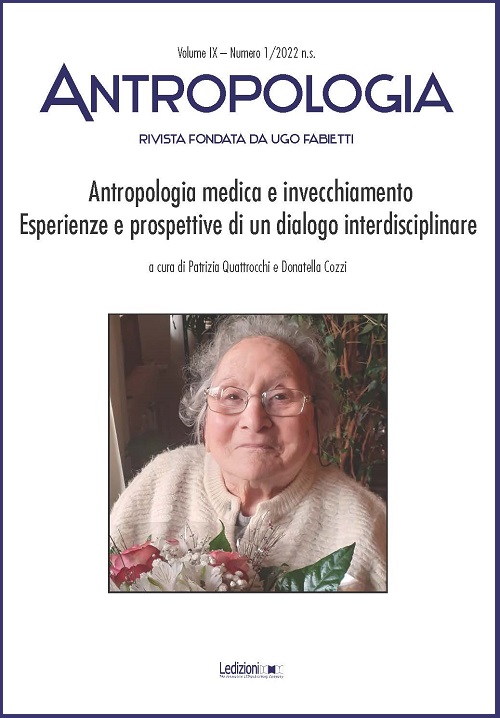On adequacy. Bodily states and the categorization of age
DOI:
https://doi.org/10.14672/ada2022194237-52Keywords:
body, bioreflexivity, time, age, Turner syndromeAbstract
Through ethnographic research conducted in France on growing up and maturing with Turner syndrome, the article critically analyzes the concept of adequacy between body and time. By causing an alteration of bodily transformations as they are thought of and organized in contemporary society, the syndrome reveals the normative power of age classifications. However, if social codes seem to frame the interlocutors in the statutory position of the little girl or the menopausal woman, their experiences show how bodily experiences produce a process of bioreflexivity, which allows them to look otherwise at the obviousness of the adult condition and the uniform perception of vulnerability of growing old. The contribution thus invites a move beyond the dichotomy between constructionism and naturalism in anthropology, through the idea of situated body states and a concept of adequacy that is not absolute, but always positional.
Downloads
Published
Issue
Section
License

This work is licensed under a Creative Commons Attribution 4.0 International License.
Authors maintain the copyright of their original work and grant the Journal the right to first publication, licensed after 36 months under a Creative Commons Licence – Attribution, which allows others to share the work by indicating the authorship and first publication in this journal.
Authors may agree to other non-exclusive licence agreements for the distribution of versions of their published work (for example in institutional archives or monographs) under the condition that they indicate that their work was first published in this journal.



